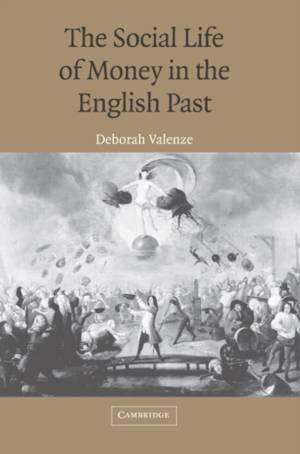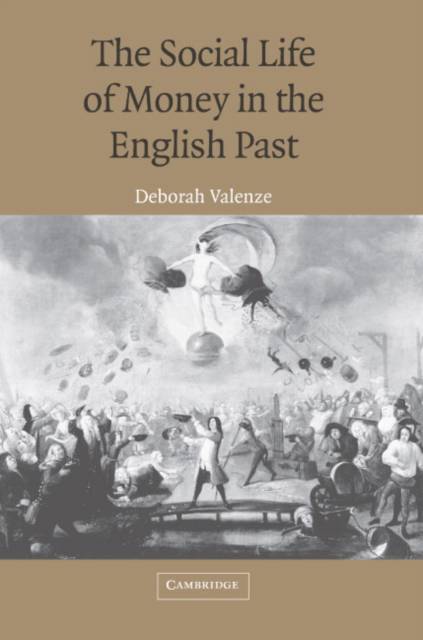
- Afhalen na 1 uur in een winkel met voorraad
- Gratis thuislevering in België vanaf € 30
- Ruim aanbod met 7 miljoen producten
- Afhalen na 1 uur in een winkel met voorraad
- Gratis thuislevering in België vanaf € 30
- Ruim aanbod met 7 miljoen producten
Zoeken
€ 59,45
+ 118 punten
Uitvoering
Omschrijving
In an age when authoritative definitions of currency were in flux and small change was scarce, money enjoyed a rich and complex social life. Deborah Valenze shows how money became involved in relations between people in ways that moved beyond what we understand as its purely economic functions. This highly original investigation covers the formative period of commercial and financial development in England between 1630 and 1800. In a series of interwoven essays, Valenze examines religious prohibitions related to avarice, early theories of political economy and exchange practices of the Atlantic economy. In applying monetary measurements to women, servants, colonial migrants, and local vagrants, this era was distinctive in its willingness to blur boundaries between people and things. Lucid and highly readable, the book revises the way we see the advance of commercial society at the threshold of modern capitalism.
Deborah Valenze is Professor of History at Barnard College, Columbia University, in New York City. She is the author of The First Industrial Woman, Prophetic Sons and Daughters: Female Preaching and Popular Religion in Industrial England, and numerous scholarly articles.
Deborah Valenze is Professor of History at Barnard College, Columbia University, in New York City. She is the author of The First Industrial Woman, Prophetic Sons and Daughters: Female Preaching and Popular Religion in Industrial England, and numerous scholarly articles.
Specificaties
Betrokkenen
- Auteur(s):
- Uitgeverij:
Inhoud
- Aantal bladzijden:
- 326
- Taal:
- Engels
Eigenschappen
- Productcode (EAN):
- 9780521617802
- Verschijningsdatum:
- 8/05/2006
- Uitvoering:
- Paperback
- Formaat:
- Trade paperback (VS)
- Afmetingen:
- 154 mm x 228 mm
- Gewicht:
- 439 g

Alleen bij Standaard Boekhandel
+ 118 punten op je klantenkaart van Standaard Boekhandel
Beoordelingen
We publiceren alleen reviews die voldoen aan de voorwaarden voor reviews. Bekijk onze voorwaarden voor reviews.








